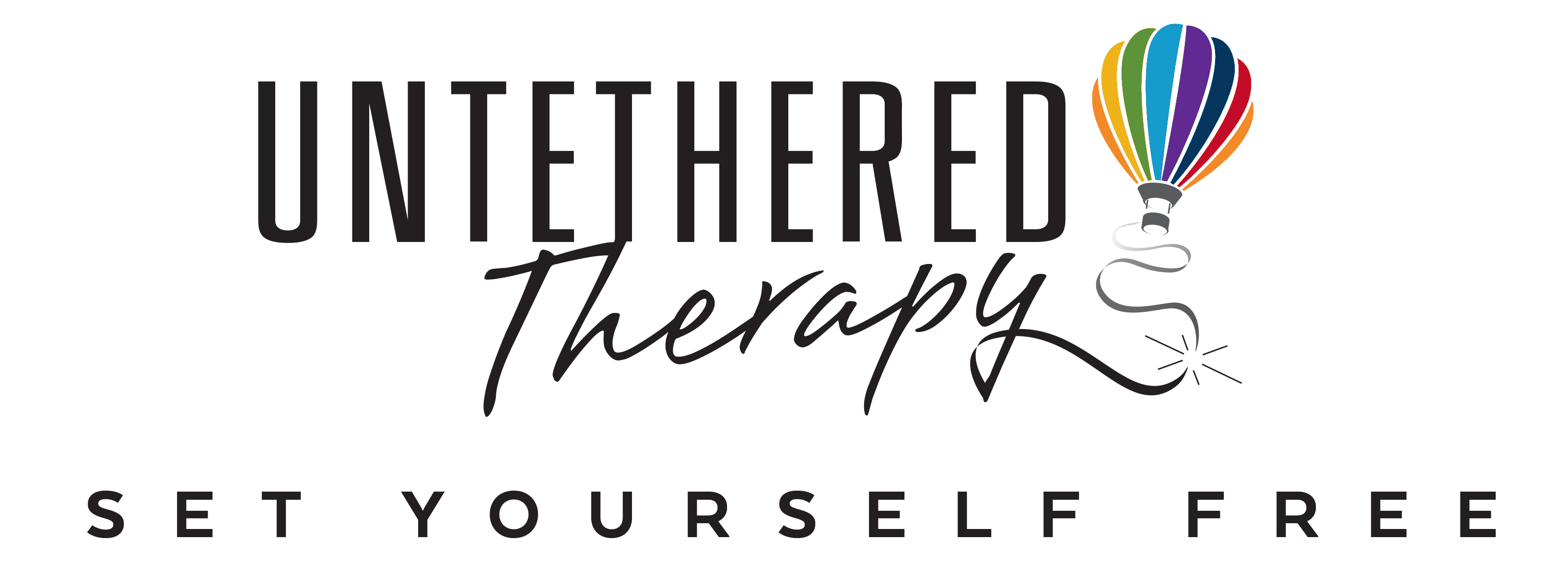By Meredith Maloney, Master’s-Level Counseling Intern
I am not going to get too heavy into science here (hopefully the title did not lose you already), but I do want to nerd-out a little about how our bodies are amazing and equipped to make us feel good! The endocrine system and nervous system act as chemical messengers for hormones and neurotransmitters like oxytocin, endorphins, serotonin, and dopamine. All of these natural mood boosters are available in our bodies for free! In this post, I will share some of the research-based ways we can tap-in to the feel-good pharmacy in our bodies. So what are the ways we can help ourselves to these natural mood boosters?
Touch
Affectionate and welcomed touch calms the nervous system. When pressure is applied to our skin, it releases oxytocin which helps bolster the immune system and lower the heart rate and blood pressure. It also sends signals to our brains through the vagus nervous system which helps slow the nervous system, allowing it to recognize that we are safe. It is worth noting that touch may not feel pleasurable for people who are neurodiverse, have experienced unwanted touch or who come from cultures where touch has less acceptance. Always check with the person who would receive the touch if it would feel good to them.
There are many ways to include touch in your self-care routine, such as:
- Massage: You don’t have to go all-out with an expensive spa day (although if you can, do it!). A gentle massage from a close friend, partner, or even yourself will give you a mood boost and tension relief to boot! Self-massage can be a way to connect with your body and can help cultivate self-compassion and nurturing.
- Hugs/ Hand Holding: Touch from a trusted significant person has been shown to lower pain perception.
- Snuggling pets: Touch from a furry friend will release oxytocin and aid with stress relief.
- Weighted blankets: The pressure from the blanket creates gentle pressure on the skin, activating receptors under the skin which can create a feeling of safety and protection.
Socializing
If touch is not easily available to you, distanced social engagement also helps to regulate the nervous system. Even small talk with a neighbor or cashier at the store can help get the dopamine flowing! Socializing has been shown to reduce depression and anxiety and increase memory function and longevity. People have also reported a reduction in pain during social interactions. If you are someone who needs a lot of alone time, you can modify social interactions to the length and frequency that feels right for you. Feeling stumped on how to strike up a conversation? Compliments are a great place to start! Giving a genuine compliment not only makes the recipient feel good, it also feels good for the person who gives it.
Laughter
Laughter increases the intake of oxygen-rich air, stimulates your heart, lungs and muscles, and increases the endorphins that are released by your brain. When you surpass the level of chuckle to belly laugh territory, you activate and relieve your stress response. Not all stress is bad! We can fire-up our nervous system with strong laughter which gets the heart rate up, and naturally comes back down, increasing relaxation. Laughter can also stimulate circulation and aid muscle relaxation, both of which can help reduce some of the physical symptoms of stress.
Nature
Spending time in nature is associated with cognitive and emotional benefits and you don’t need to be scaling Mt. Everest to cash in on it! Just being still in nature for two hours a week is associated with good health and wellbeing. When the sun is shining, you get the added perks of your body creating vitamin D, which can promote a more positive mood (however it is recommended to use sun block to protect from UV rays). If you have access to a park, backyard or community garden, you can try spending more time outdoors. There have even been studies that link spending time in nature with increased empathy.
These are just some of the ways that we can boost the feel-good chemicals available in our bodies.
I would also like to acknowledge that these activities are not suggested as a stand-alone treatment for mental health diagnoses such as depression and anxiety. If you are struggling with your mental health, please consider seeking the help of a mental health professional.

